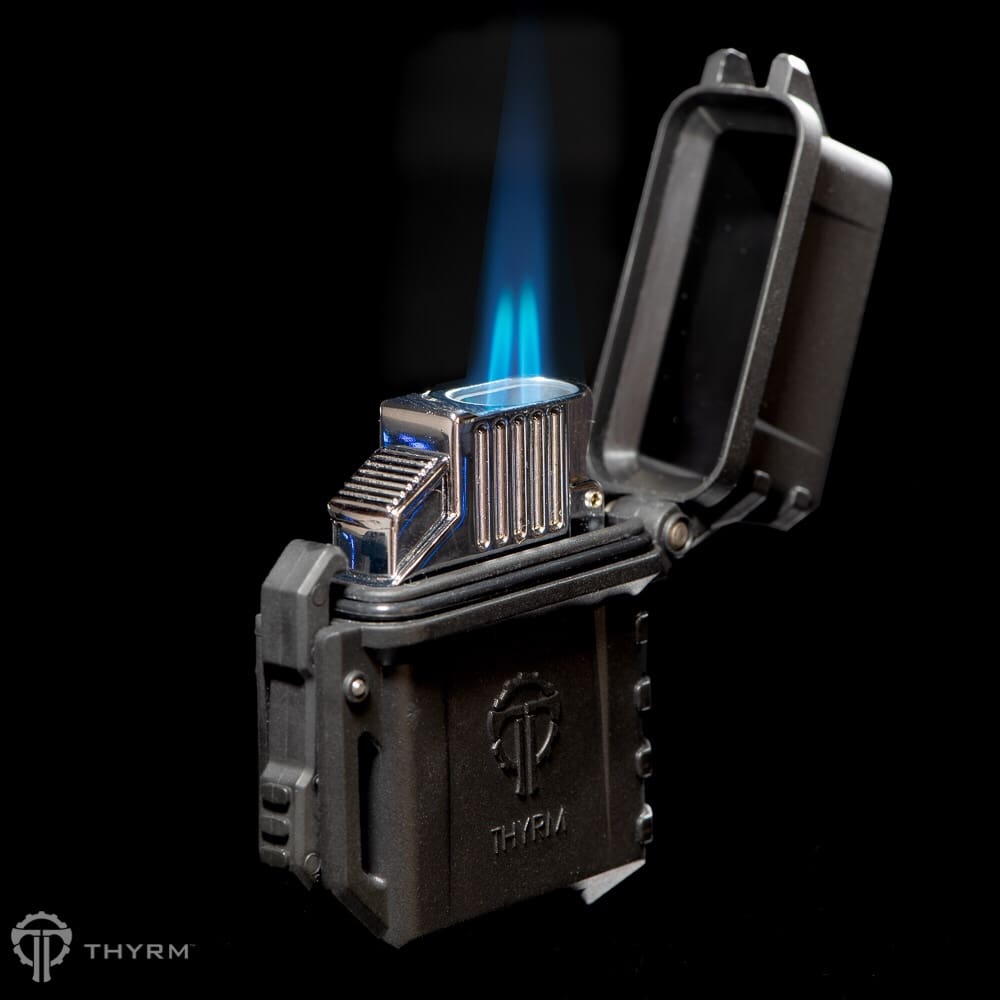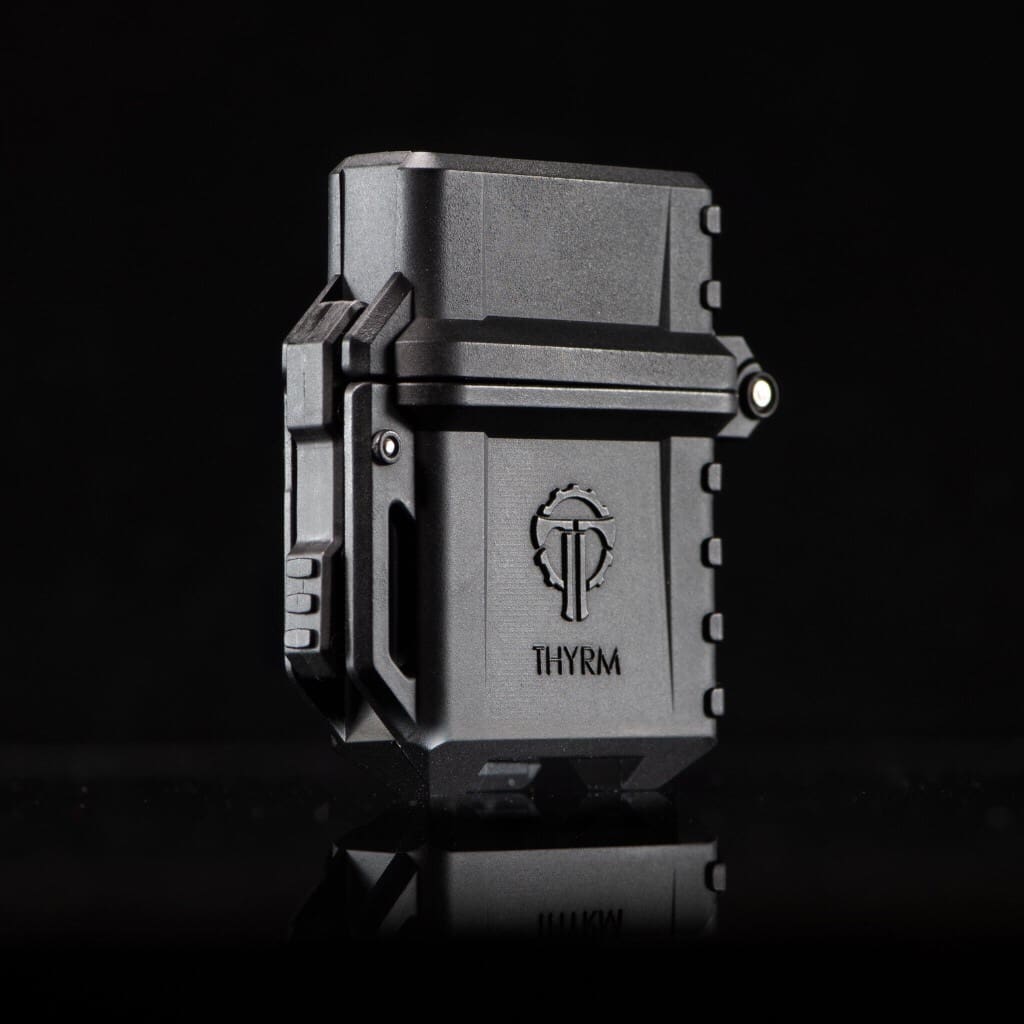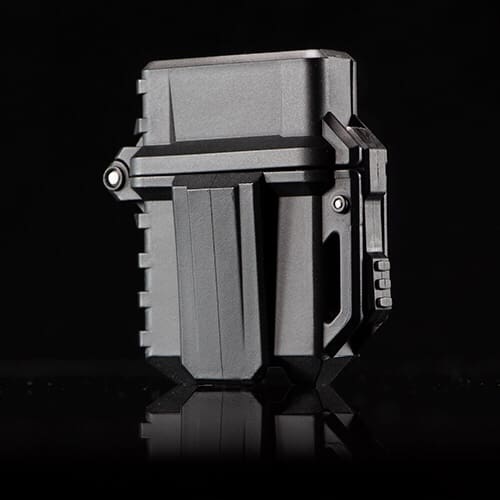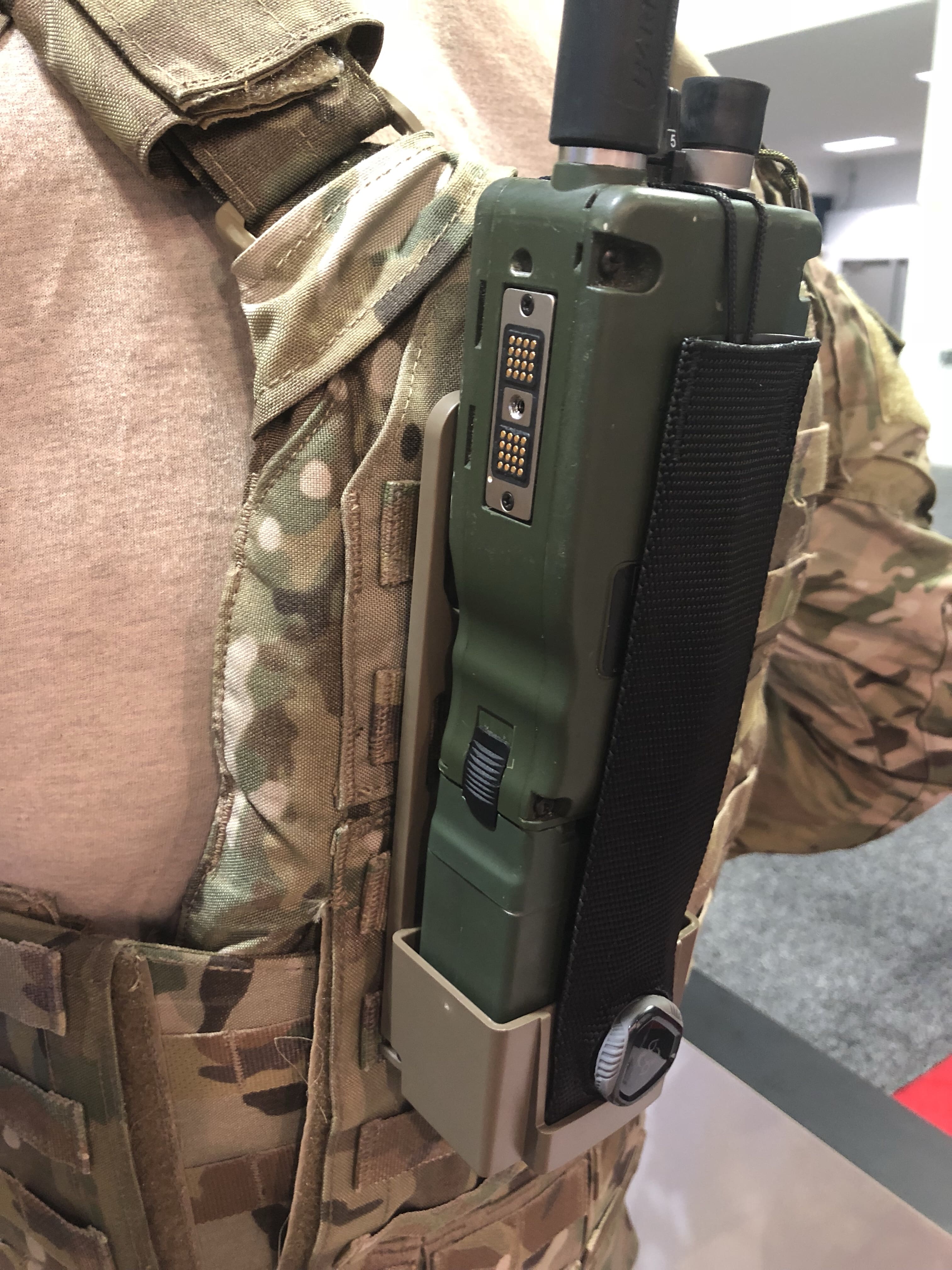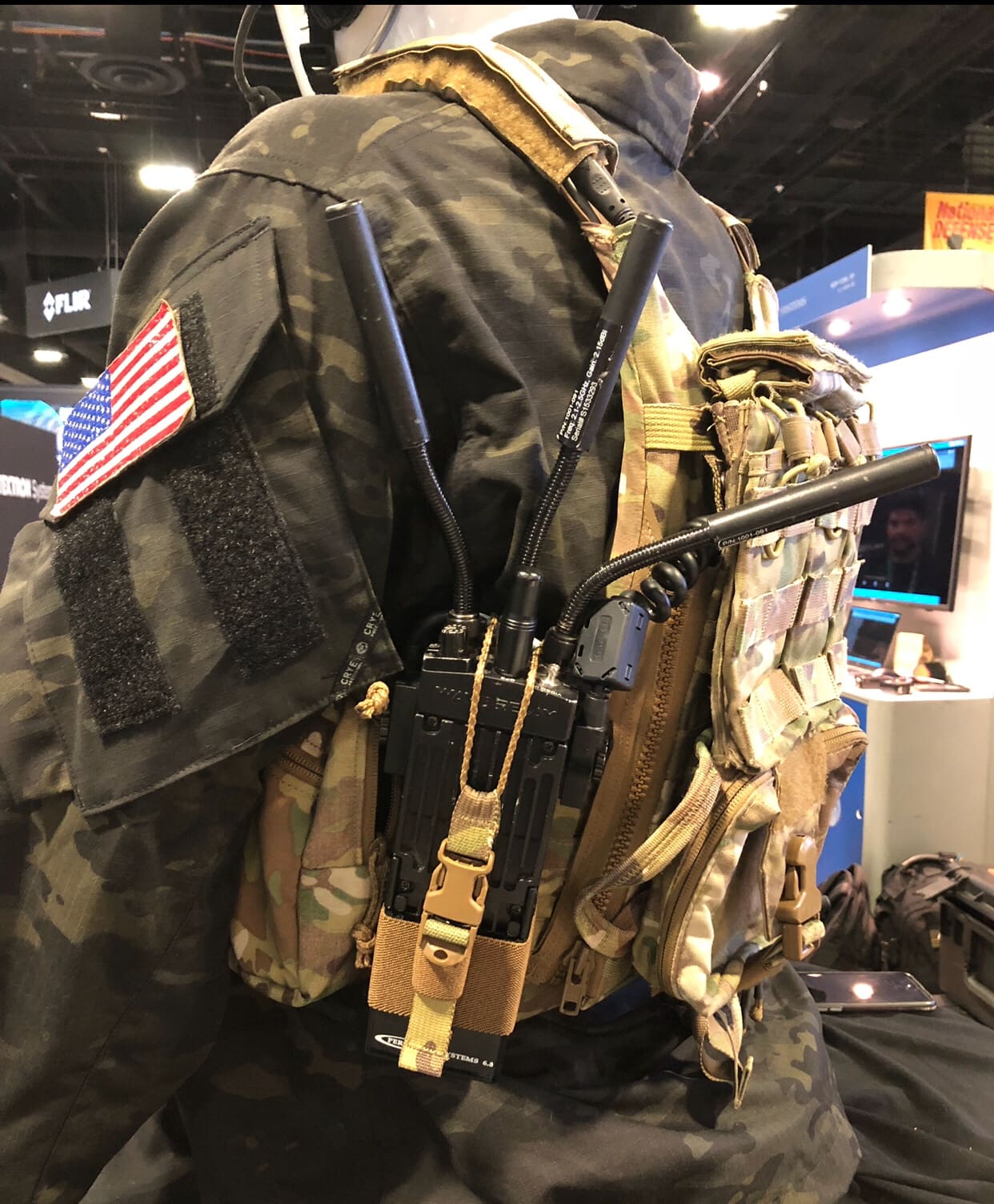
From May 24 to July 4, 2018, U.S. veterans and up to three guests may enjoy free admission to SeaWorld Orlando, SeaWorld San Antonio, SeaWorld San Diego, Busch Gardens Tampa Bay or Busch Gardens Williamsburg. Veterans must redeem their complimentary single-day ticket(s) online at www.WavesofHonor.com, and the free tickets are available online only (not available at the front gate for each park).
Since SeaWorld Parks and Entertainment started the Waves of Honor program in 2005, more than 9 million active military, veterans and their families have visited the parks for free, which represents an estimated value of $300 million.
Details about Waves of Honor via SeaWorld Parks and Entertainment
WHO: U.S. military veterans and retirees who have honorably served, and up to three guests.
WHAT: Free admission
WHERE: The free admission offer is available at SeaWorld Orlando, SeaWorld San Antonio, SeaWorld San Diego, Busch Gardens Tampa Bay and Busch Gardens Williamsburg.
WHEN: May 24 to July 4, 2018
WHY: SeaWorld Parks and Entertainment provides several military ticketing offers via www.WavesofHonor.com year-round in appreciation of U.S. military and veterans’ bravery and incredibly important work.
HOW: Veterans must redeem their complimentary single-day ticket(s) online at www.WavesofHonor.com, and the free tickets are available online only (not available at the front gate for each park).
Military families who redeem the Waves of Honor offer will be able to experience some amazing new attractions and events opening this summer at SeaWorld parks, including:
• Electric Eel at SeaWorld San Diego: The tallest, fastest roller coaster in San Diego is here—a multi-launch coaster with high-energy twists, electrifying loops and inversions. Launched on May 10, Electric Eel features accelerations of more than 60 miles per hour in a matter of seconds, rocketing riders skyward nearly 150 feet where they’ll brave an inverted “heartline” roll and a twisting loop for an exciting feeling of airtime as they reach the peak of the coaster before breathlessly returning to the station. Complementing the Electric Eel roller coaster is a hypnotizing live eel habitat featuring a collection of moray eels. The eel habitat, located at the edge of the Ocean Explorer realm already part of SeaWorld, features large viewing windows where guests can plunge into the world of the eel as they swim and dart through the caves and crevasses of their naturalistic deep-ocean environment. Both rider and non-riders can also learn about the elusive eel through an interactive game and an exhibit with real California moray eels. Plus, SeaWorld San Diego have partnered with WILDCOAST to raise awareness for Marine Protected Areas (MPAs). Guests will be able to learn more about MPAs and the importance of protecting ocean ecosystems in the habitat.
• Battle for Eire at Busch Gardens Williamsburg: An exhilarating new adventure is underway at Busch Gardens® Williamsburg with the recent opening of the innovative virtual reality attraction, Battle For Eire™—Action VR Ride. With Battle For Eire and the 360-degree virtual reality, riders can have a unique experience each time they ride. Battle For Eire is the story of a heroic fairy warrior, Addie, and her quest to rescue the Heart of Eire from evil villain Balor. This one-of-a-kind ride is a marriage of a motion-based theater simulator with state-of-the-art 360-degree virtual reality headsets, creating a thrilling experience unlike any other in the theme park industry. Riders are completely immersed within the story and be able to see, hear and feel actions happening all around them, both through the virtual reality headsets and within the motions of the simulator.
• Electric Ocean at SeaWorld Orlando, San Antonio and San Diego: Enjoy 8 amazing experiences, including shows with live performers inspired by playful sea creatures, an electrifying dance club with world-class DJs, and your favorite SeaWorld attractions and shows like never before – all at Electric Ocean, an exciting nighttime event. The event is returning this year to SeaWorld Orlando (May 24 through September 2) and San Diego (June 16 through September 3) and is brand new to SeaWorld San Antonio (June 15 through August 12).
• Free Beer at SeaWorld Orlando: Now through September 2, from 10:30 a.m. to one hour before park close, complimentary domestic and seasonal beers will be available to guests 21 years of age and older. Guests can visit Mama’s Pretzel Kitchen Patio and receive up to two complimentary 7-ounce beers per visit. The park will rotate beer offerings throughout the summer starting off with SeaWorld’s very own Mako Red Ale. Bud Light, Coors Light, Miller Light, Yuengling and more will also be featured throughout the summer.
• Free Beer at Busch Gardens Tampa: Now through August 5, guests can get a taste of the park’s beer garden history when they visit the former Hospitality House, now called the Garden Gate Café, to receive two complimentary beers during every visit to Busch Gardens Tampa Bay. Every two weeks, new featured beer brands will be highlighted.
• Summer Nights at Busch Gardens Tampa: From May 24 through August 5, guests can experience endless energy and thrilling rides from day into night. As the sun goes down, the party heats up at Busch Gardens Tampa Bay during Summer Nights. Explore the park after dark with extended park hours to 10 p.m. on select days. Dance the night away at themed party zones throughout the park and take on Florida’s top thrill rides in the dark. Plus, indulge in delicious food like steak chimichurri, chicken waffle sandwich with blackberry pepper jelly, smoked beef brisket sliders with peach slaw, hummus topped with curry-roasted cauliflower, chilled shrimp with watermelon & tamarind glaze, mini donuts, funnel cakes and more, with special Summer menus.
Active Military and Veterans can always receive discounted admission tickets through MWR and ITT offices on U.S. military bases as well as www.WavesofHonor.com. These offers are available year-round. Each park may have various discounted admission products throughout the year that are also available online at www.WavesofHonor.com.






